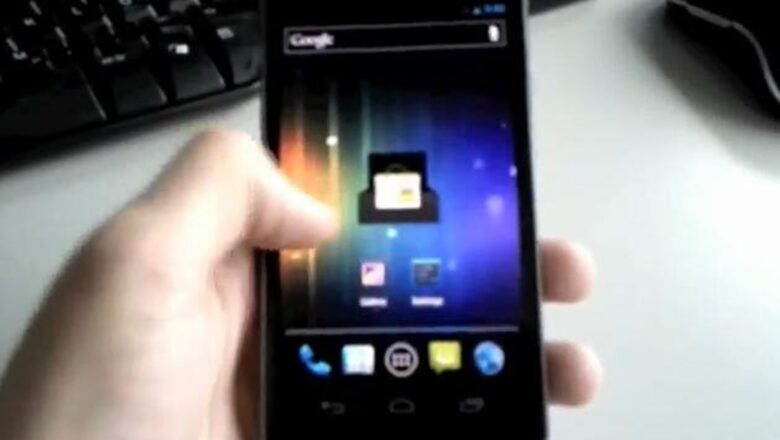
views
Washington: Researchers have developed a new device which helps users track gunfire with their smartphones, popping a map of the neighbourhood on its screen pointing in the direction the shot came from.
Computer engineers from Vanderbilt University's Institute of Software Integrated Systems have made such a scenario possible by developing an inexpensive hardware module and related software that can transform an Android smartphone into a simple shooter location system.
The technology takes advantage of the fact that all but the lowest powered firearms produce unique sonic signatures when they are fired.
First, there is the muzzle blast an expanding balloon of sound that spreads out from the muzzle each time the rifle is fired. Second, bullets travel at supersonic velocities so they produce distinctive shockwaves as they travel.
As a result, a system that combines an array of sensitive microphones, a precise clock and an off-the-shelf microprocessor can detect these signatures and use them to pinpoint the location from which a shot is fired with remarkable accuracy.
Like the military version, the smartphone system needs several nodes in order to pinpoint a shooter's location. As a result, it is best suited for security teams or similar groups.
In addition to the smartphone, the system consists of an external sensor module about the size of a deck of cards that contains the microphones and the processing capability required to detect the acoustic signature of gunshots, log their time and send that information to the smartphone by a
Bluetooth connection.
The smartphones then transmit that information to the other modules, allowing them to obtain the origin of the gunshot by triangulation.
The researchers have developed two versions. One uses a single microphone per module. It uses both the muzzle blast and shockwave to determine the shooter location. It requires six modules to obtain accurate locations.
The second version uses a slightly larger module with four microphones and relies solely on the shockwave. It requires only two modules to accurately detect the direction a shot comes from, however, it only provides a rough estimate of the range.

















Comments
0 comment